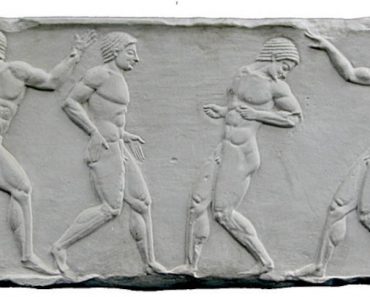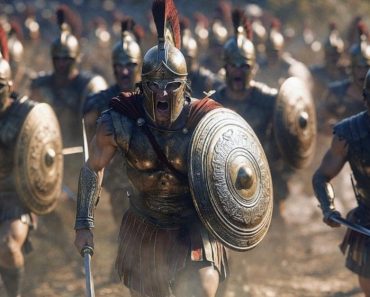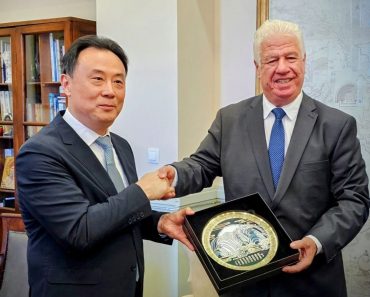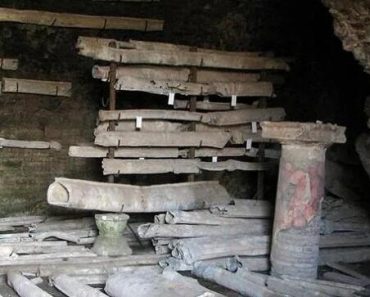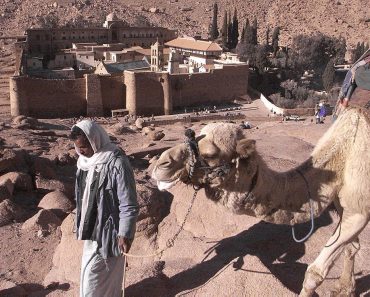The systematic excavation at the ancient sculpture workshop at the Floga site in Parikia has concluded for the 2024 season, shedding new light on the artistic and residential life of Hellenistic Paros.
Led by Dr. Sophia Detoratou and conducted under the auspices of the Ephorate of Antiquities of the Cyclades (EFA Cyclades), the excavation is revealing the significance of this long-utilised site.
Archaeological work at Floga initially began in the mid-1980s, when three building units were uncovered alongside marble offcuts and unfinished sculptures—early evidence suggesting the presence of a sculpture workshop from the Hellenistic period. Excavations resumed in 2008 and have continued systematically since 2013, bringing to light additional architectural remains that point to continuous use from the Classical through Hellenistic eras.

Recent discoveries confirm that the site underwent a major reorganisation at the end of the 3rd to the beginning of the 2nd century BCE. New structural features support the idea that the space served both residential and artisanal purposes. Particularly notable is the identification of a room with a pebbled floor and wall frescoes imitating marble—likely an andron, a formal space for entertaining male guests in ancient Greek homes—indicating continued domestic use into the Hellenistic period.

Simultaneously, the extensive deposits of marble debris and unfinished sculptures suggest the site was also a thriving sculpture workshop. Artifacts including clay moulds and seals, pigments, porphyry fragments, and metal slags point to broader laboratory and artisanal activity that likely extended into later periods.

This year’s excavation uncovered additional rooms within the complex, with some walls preserved to remarkable heights. Among the most significant movable finds are partially worked marble sculptures—many believed to depict Aphrodite—alongside female clay heads, moulds, seals, and large quantities of pottery. These discoveries further illustrate the dual role of the site as both a residence and a center of sculpture production.

The excavation team included archaeologists from EFA Cyclades—A. Papadimitriou, Dr. A. Garonis, S. D. Filippakis, and S. Fragedi—as well as students from the Universities of Athens, Thessaloniki, and Ioannina. The project also benefitted from generous support that made the fieldwork possible.
As new findings continue to emerge from Floga, the excavation is enriching our understanding of Paros’ ancient history—not only as a residential settlement but also as a centre of artistic craftsmanship during the Hellenistic period.
(Source: Greek Ministry of Culture)


